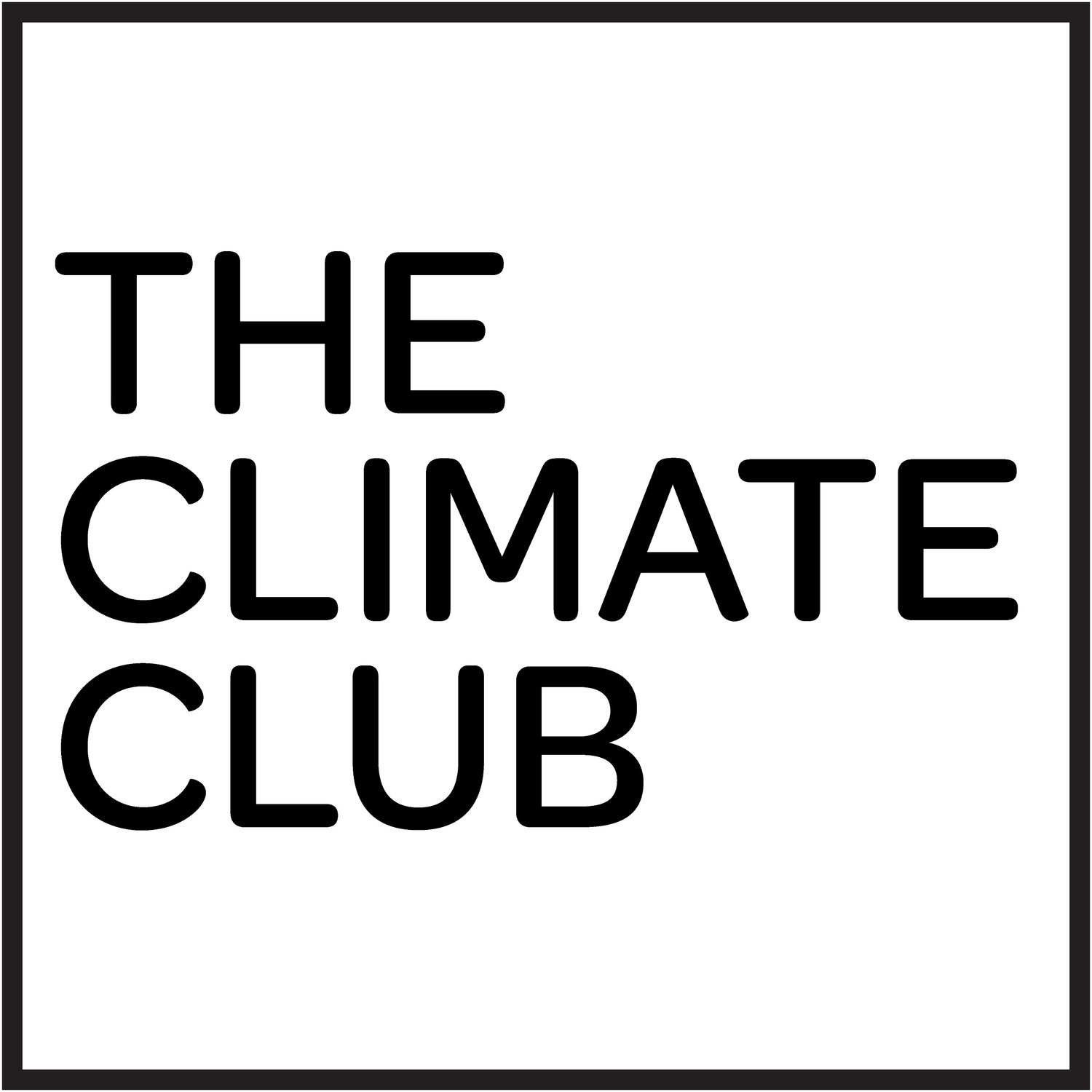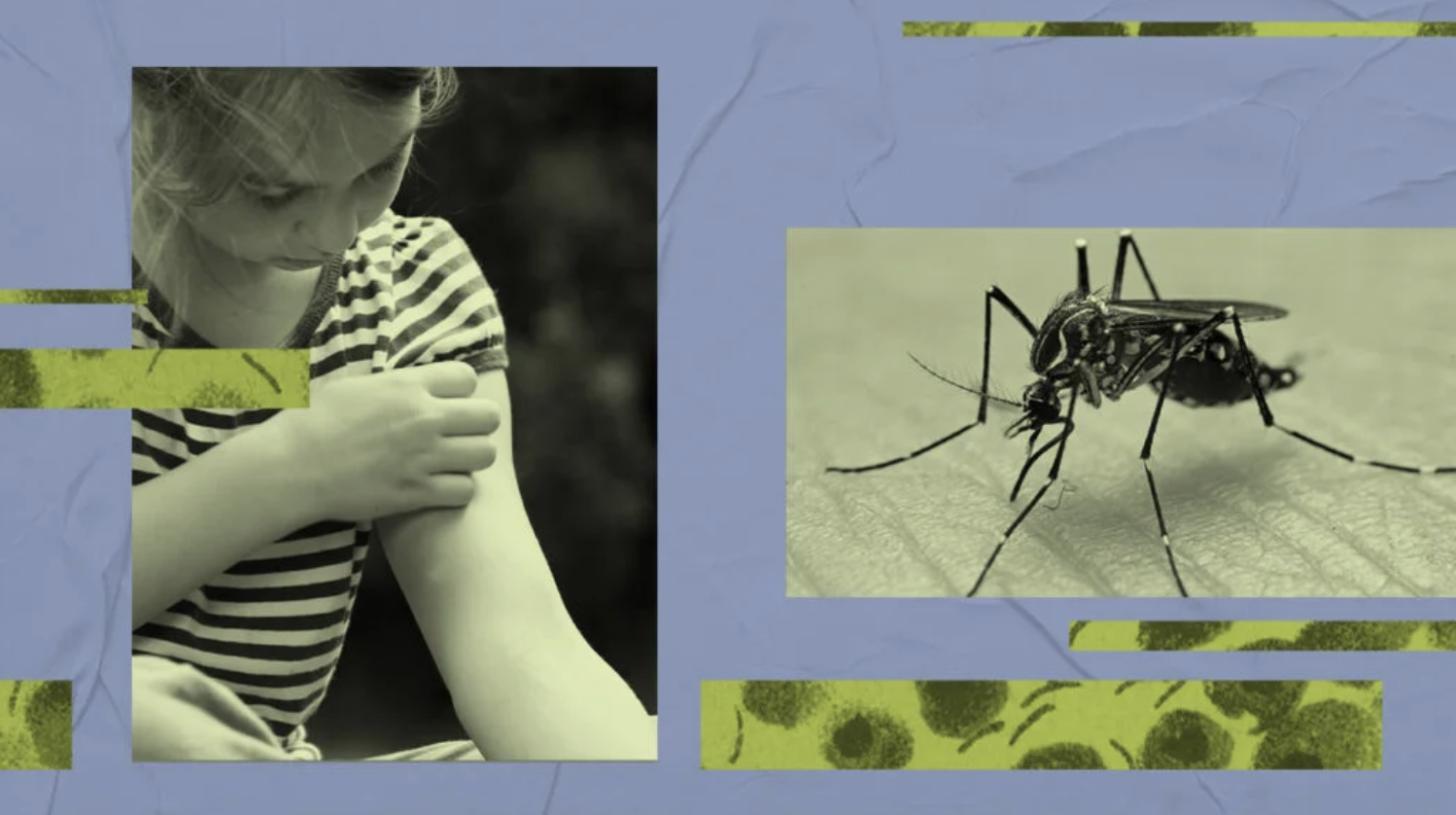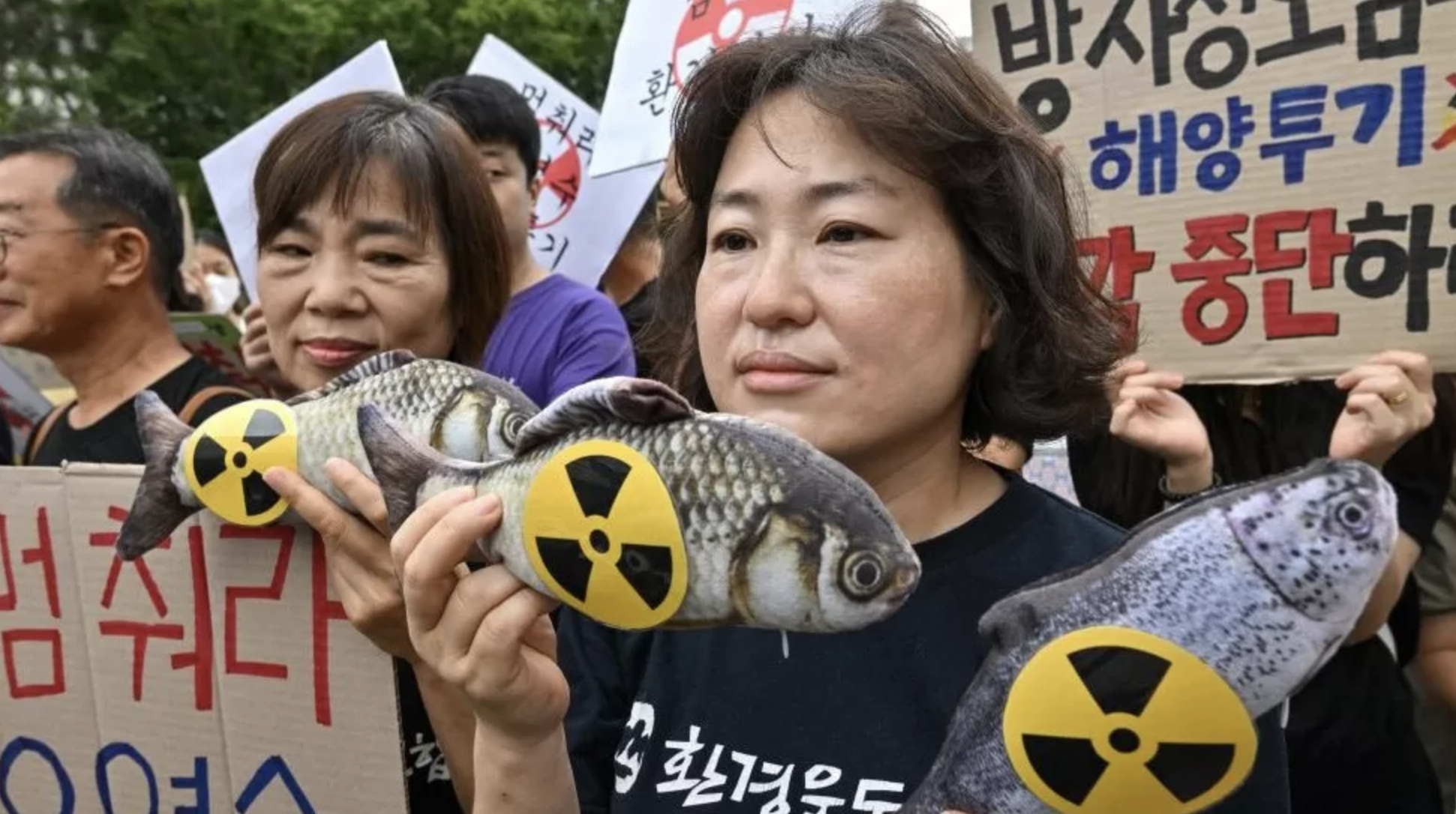May is Mental Health Awareness Month
May is recognized as Mental Health Awareness Month in the United States, highlighting the country's growing mental health crisis, particularly among young people.
Envisioning Life: A Resilient Community Acts for Environmental Policy Reform
The Bronx River Alliance is a 501(c)(3) nonprofit dedicated to bringing the Bronx River to a fishable and swimmable state, while working with parks, local nonprofits, the government, and the community. With a goal for a greener future, the the Bronx River Alliance aims to turn a once neglected river into a new community hub.
The Impacts of Climate Change on Human Health and The Spread of Diseases
Climate change and global warming cannot go unchecked because their long-term impacts are most detrimental to human health and can lead to more sickness and death. Building awareness of these trending environmental issues can help humans develop a deeper understanding of the risks associated with climate change and global warming so they can start making more informed choices toward living a more sustainable and environmentally friendly lifestyle.
Rise in Dengue & Global Warming
Dengue is transmitted to humans via infected mosquitoes. These Aedes mosquitoes can also transmit Zika, chikungunya, and other serious diseases. Each year, up to 400 million people become infected with dengue, with 40,000 dying from severe cases.
Avian Influenza: Addressing, Monitoring and Surveillance of Infection Among Animals Via Runoff Water Surveillance
Avian Influenza A (H5N1), known as bird flu, is a zoonotic influenza virus strain that affects animals and humans. It can be contracted through contact with sick birds and spread from one species to another, causing severe human infections.
Unregulated Products and Contamination: Public Awareness on Lead Poisoning Risks
A woman in Sacramento, California, tragically died from severe lead poisoning after using a hemorrhoid ointment called Cao Bôi Trĩ Cây Thầu Dầu that she purchased via Facebook from Vietnam. Testing later revealed it contained 4% lead, posing significant health risks and ultimately leading to her death.
Cobalt Mining in Congo: Environmental Health, Safety, & Human Rights
Cobalt is a chemical element with a silver-white and bluish coloration, used to produce lithium-ion batteries that supply energy to electronic devices and vehicles. However, mining cobalt will not only ruin the environment, but also pose extreme environmental health risks to the people who work in the mining industry.
Ripples of Radioactivity: Fukushima's Water Release & Global Environmental Concerns
With the recent release of the Oppenheimer movie shedding light on the historical and contemporary implications of nuclear activity, global attention has once again turned to the ongoing challenges and debates surrounding radioactive materials. This has been exemplified by Japan's decision to release treated radioactive water from the Fukushima Daiichi nuclear power plant into the Pacific Ocean. The UN's nuclear watchdog says the recent plans for discharge will have minimal radiological impact, but some nations have concerns.
Safeguard Your Health: Prevent & Address Mold Growth in Your Environment
Molds pose little harm until they thrive in indoor settings. Effective moisture control is essential to deter mold growth, which, when unchecked, can lead to allergies, asthma, and irritations in the eyes, skin, nose, throat, and lungs. This ability to pollute indoor air has garnered significant media attention.
One With Nature: Why Intergenerational Trauma Is Important to Address With Climate Change
The climate crisis is a child’s rights issue. Within this intergenerational reality is where the well-being of future generations depends upon what actions we make today. As global warming and climate change worsen, so do numerous extreme events, such as heat waves, mudslides, droughts, wildfires, and flooding. So much pressure is put onto the youth as they are being born into these already existing troubles. But is this simply pressure to change the world, or is it something deeper?
The Systemic Issue of Environmental Racism
In 2020, a study by former EPA officials found that 13 oil refineries across the country released elevated levels of another kind of pollution, Benzene, into mostly minority neighborhoods. 57% of the people living within three miles of the refineries were people of color.
The Norovirus Spikes Across the United States
Concerns over spiking norovirus cases have alerted public health authorities across a multitude of sectors, from the cruise ship industry to popular grocery chains. What is the norovirus, and why is there a recent increase in cases?
The Worst Air Pollution the US and Canada has Seen in Recent History: What We Can Gain from the Canadian Wildfires
On Tuesday, June 6th, nearly one third of the entire population of the United States - 100 million people - witnessed the sky turn a hazy yellow. Phones lit up with what seemed like dozens of nonstop alerts about air quality updates, and people were advised to keep their windows closed and remain indoors. Many had no option but to wear masks again, after almost a year of having no mask mandate.
Microplastic Releases
Recent research by the National Institute of Standards and Technology (NIST) indicates that plastic polymer products, when exposed to hot water, release trillions of nanoparticles per liter into their surroundings.
HPTED: Health Promotion Through Environmental Design
Health Promotion Through Environmental Design is a concept that was developed by researchers at the University of Michigan’s Prevention Research Center. These programs play a crucial role in addressing the negative effects of the Flint water crisis.
Understanding Candida Auris: Emergence, Epidemiology, and Clinical Implications
Candida auris (C. auris) is a dangerous fungus that is becoming a serious global health problem. It is difficult to manage because it can withstand a variety of antifungal medications that doctors typically prescribe to treat infections. C. auris is also tricky to identify, which can lead to wrong treatments and an increased spread. C. auris has caused outbreaks in hospitals and other healthcare settings due to its ability to persist on surfaces such as bed rails, chairs, and medical equipment, thereby facilitating rapid transmission between individuals.
H5N1 Bird Flu Virus – The Importance of Flu Vaccines
Avian influenza, more commonly referred to as "bird flu," is a virus that is often overlooked when we think of infectious diseases.
Learning from Our Mistakes with the Tobacco Industry to Tackle the Climate Crisis
In 1950, smoking was confirmed to cause lung cancer. Fast-forward more than 70 years and tobacco still causes 8 million preventable deaths every year. So why has progress been so slow, and how does the story of the tobacco industry relate to the climate crisis?
Ohio Train Derailment - An Ecological Disaster
On February 3rd, a train carrying large amounts of hazardous chemicals derailed in East Palestine, Ohio, a small community of 5,000 people near the Pennsylvania border situated between Pittsburgh and Cleveland. The train is operated by Norfolk Southern Railway, which manages almost 20,000 miles of the railroad along the eastern United States.
Earthquakes, Freezing Temperatures, and the Deteriorating Conditions for Refugees
Tragedy struck the Middle East this week as a massive earthquake hit Turkey and Syria on February 6. This natural disaster destroyed thousands of buildings across the region, pushing the confirmed death toll past 7,200.




















